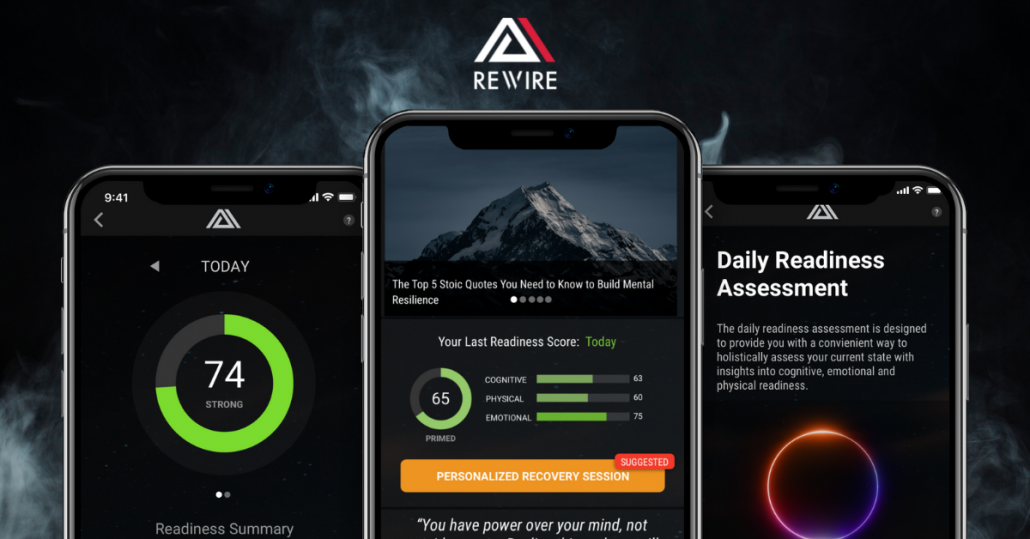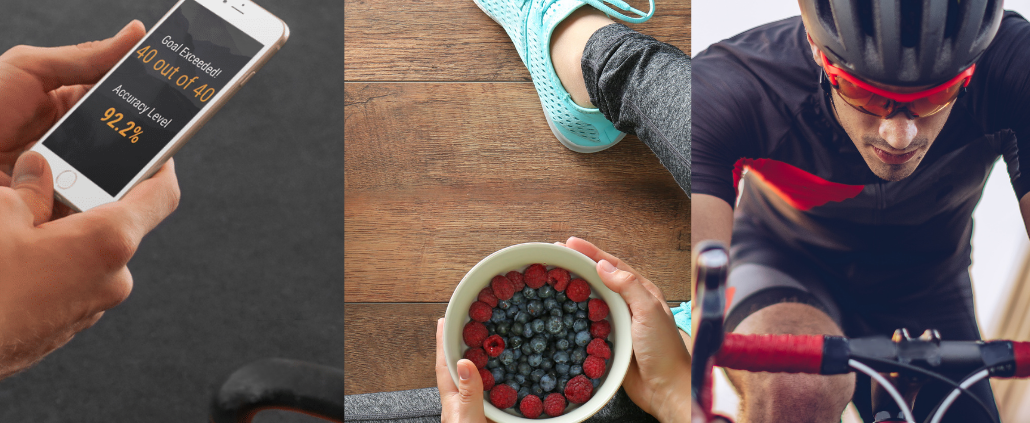5 Ways to Improve Emotional Distress
Five Ways to Improve Emotional Distress
According to a 2020 study by the National Institute of Mental Health, around 14.2 million Americans routinely suffer with emotional distress, a number that continues to rise to this day. Considering this is an affliction that impacts so many on a daily basis, it is important to understand ways in which you can combat this stress.
Understand your Situational Emotions
This point emphasizes that you need to understand what might put you in a position of stress or unhappiness. If you can identify what sort of situations make you feel this way, it will be much easier to distance yourself and thus create a more stress-free environment. Understanding yourself and what may trigger you is crucial to improving your emotional wellness.
Connect Socially
Positive connection with others is very helpful when trying to create a stress free environment. In today’s world, it seems like we are constantly moving, never taking a break to appreciate what’s around us. The easiest way to slow down is to meet with friends or a loved one. Something as simple as grabbing a quick lunch or coffee can be a great way to take a step back and relax for a bit.
Take Care of your Physical Health
Physical fitness and taking care of your body is crucial to maintaining a healthy mental state. According to the UK mental health foundation, “Physical health problems significantly increase our risk of developing mental health problems, and vice versa.” This shows how important physical health is in relation to mental health, and how one cannot fully function without the other. In order to improve emotional distress, consider incorporating physical activity into your daily regiment, with something as simple as a short walk.
Maintain a Positive Outlook
One of the most important things that you can personally do is focus on the positive things in life. Though cliché, if you are always concerned with the negative parts in your day, you will never take advantage of all the good times involved in your life. Focusing on the good rather than the bad will generally lift your daily mood, and alleviate some of the stress associated with day-to-day life.
Download the Rewire App!
The Rewire Fitness app Mindset Recovery System allows for users to improve their mental resilience through a series of different scientifically proven methods. Our procedures have been proven to help our average user reduce their stress by 70% after a 2 minute mindset recovery session. Guided breathwork, self-talk, and visualization are all helpful when attempting to manage stress, and are made easier by the Rewire app. Try our Guided Mindset Recovery Session for stress relief here.

References
Mental Health Foundation. (2015). Physical health and mental health. [online] Available at: https://www.mentalhealth.org.uk/a-to-z/p/physical-health-and-mental-health#:~:text=Physical%20health%20problems%20significantly%20increase.
National Institute of Mental Health (NIMH). (n.d.). Mental Illness. [online] Available at: https://www.nimh.nih.gov/health/statistics/mental-illness#:~:text=In%202020%2C%20there%20were%20an%20estimated%2014.2%20million%20adults%20aged [Accessed 10 Jun. 2022].











